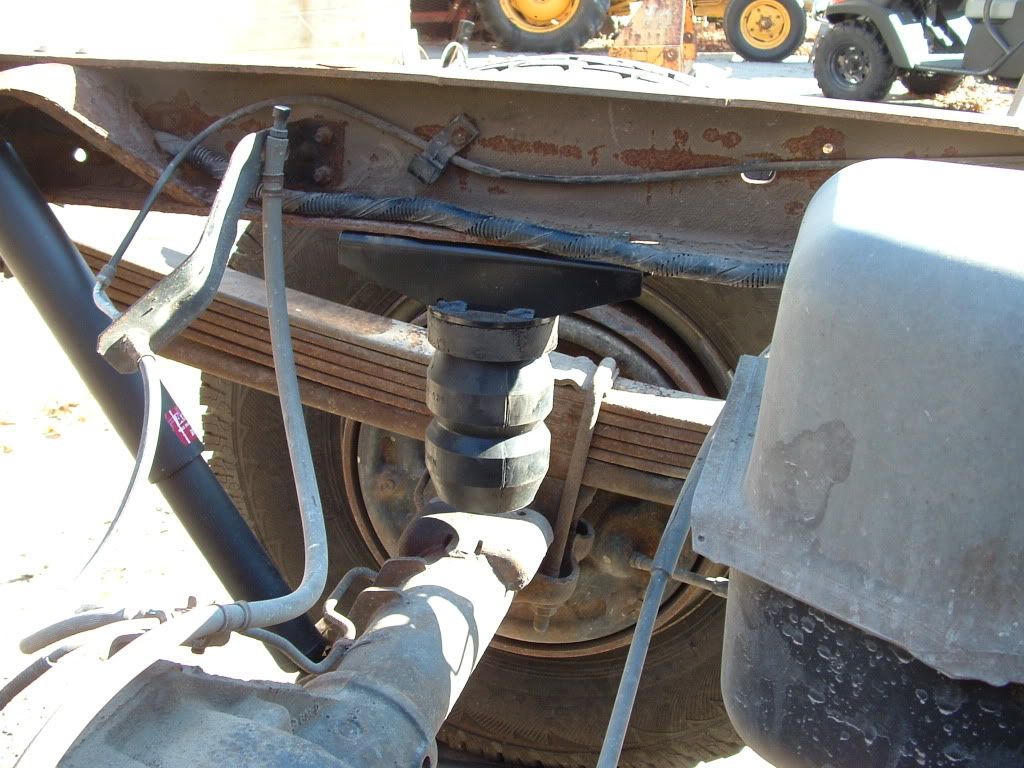in-too-deep
Well-known Member
Wanting to add some towing capacity to my "05 F-150. I know air bags will help with rear sagging, but a W/D hitch will lighten the tongue weight and keep the truck more stable. Air bags are more versatile and I can put more weight in the bed when I"m not towing. W/D hitch is the cat"s meow...but are they easy to hook up to different trailers? A pain to hook and unhook? Price is about the same for either option...I"m most worried about the lack of versatility with the W/D hitch. I understand I"d need a W/D hitch to match the trailer weight and tongue weight. (Oh, also getting an elec. trailer brake controller) Any advice? Please don"t tell me to buy a bigger truck, as that is not an option, and I"m tired of borrowing trucks from friends. Thank you!


